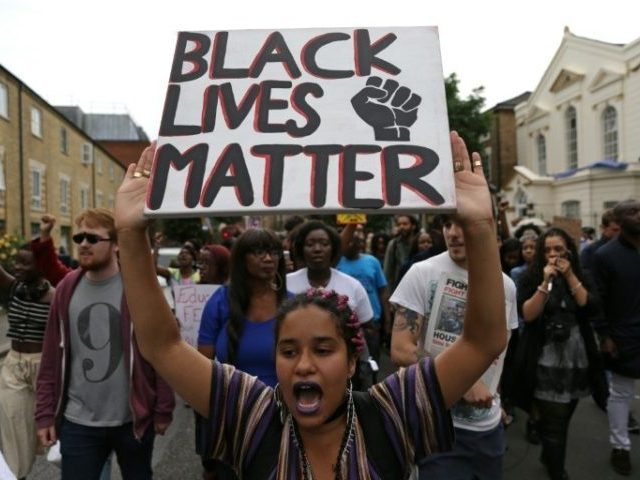Columbia Professor and frequent New York Times contributor Mark Lilla recently sat down with the New Yorker to discuss his new book about the end of identity politics.
“One of the many lessons of the recent presidential election campaign and its repugnant outcome is that the age of identity liberalism must be brought to an end,” Lilla wrote in a column for the New York Times on November 18, shortly after Hillary Clinton’s defeat in the 2016 presidential election. The column was especially controversial within Clinton circles, who were still reeling from her historic defeat.
Despite the blowback, Lilla has expanded on his thoughts on “the fixation on diversity in our schools” and the “moral panic about racial, gender, and sexual identity that has distorted liberalism’s message and prevented it from becoming a unifying force” for a new book entitled The Once and Future Liberal: After Identity Politics.
Lilla sat down with David Remnick of the New Yorker to discuss the new book. The discussion ranged in topic from the state of higher education to Breitbart News Executive Chairman Steve Bannon.
“There is a quote recently that Steve Bannon, of all people, delivered,” Remnick began, “’The Democrats, the longer they talk about identity politics, I’ve got ’em. I want them to talk about racism every day. If the left is focussed on race and identity, and we go with economic nationalism, we can crush the Democrats.’”
“I just think it’s an objective fact,” Lilla said, expressing agreement with the Bannon quote.
After claiming to agree with the concerns raised by Black Lives Matter, he dug in and delivered a blistering criticism of the group. “There’s no denying that the movement’s decision to use this mistreatment to build a general indictment of American society and its law-enforcement institutions and to use Mau Mau tactics to put down dissent and demand a confession of sins and public penitence played into the hands of the Republican right.”
Lilla went on to explain why identity politics is strategically a losing game for the Democratic Party.
Identity politics is maximalizing. That’s how you succeed—you see this as the only issue. There’s a difference between speaking truth to power and seizing power to defend the truth. And those require very different things, right? And it’s important to speak truth to power out in society. We’re journalists, right? We need to write about this kind of stuff. But, when we go out on the stump, it makes no sense to call out to various groups, as Hillary Clinton did, and inevitably leave people out. She would list the groups that liberal Democrats care about today: African-Americans, gays and lesbians, women. One out of every four Americans is evangelical. Thirty-seven per cent of Americans live in the South. Seventeen per cent, as many as there are, of African-Americans in this country live in rural areas. There are different ways in which people think of themselves, right? And those people did not feel called out to.

COMMENTS
Please let us know if you're having issues with commenting.